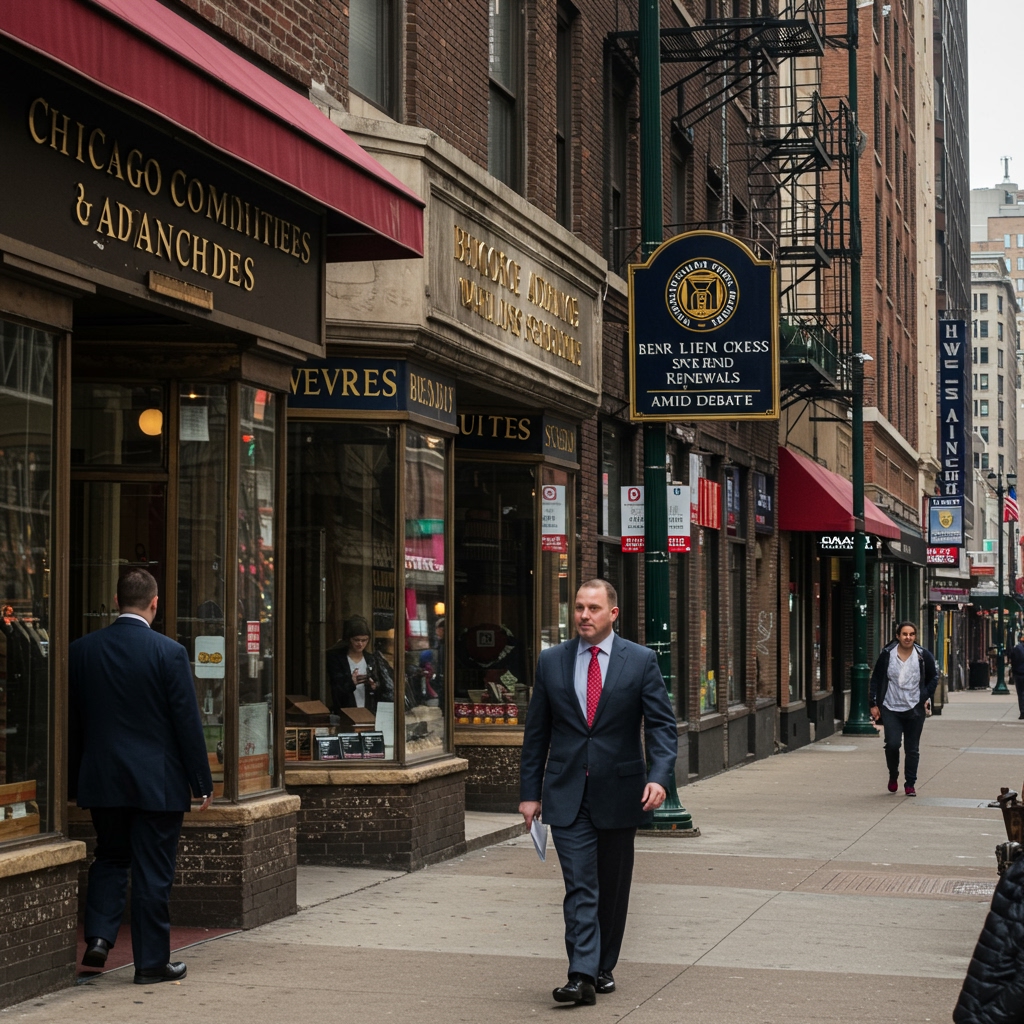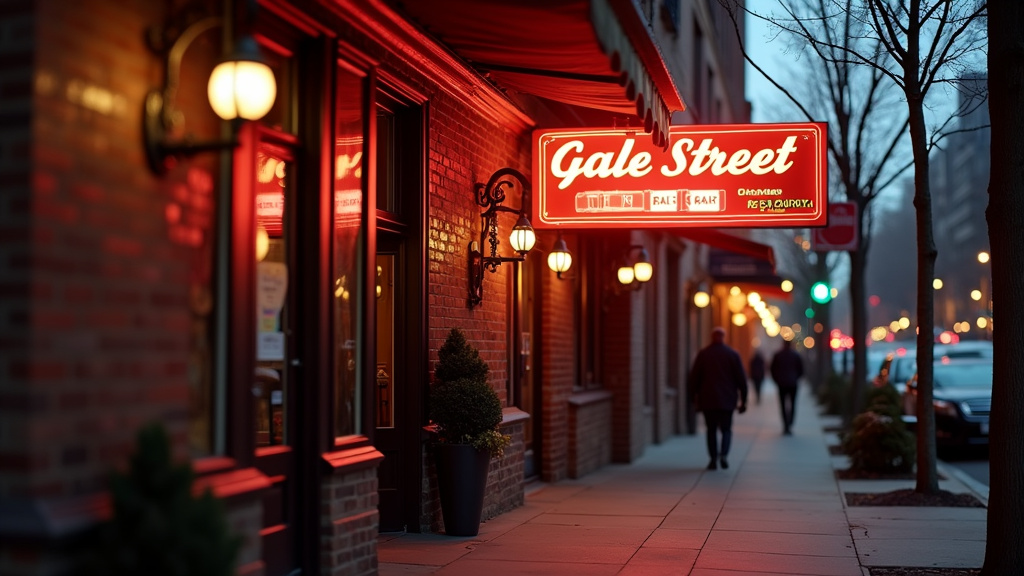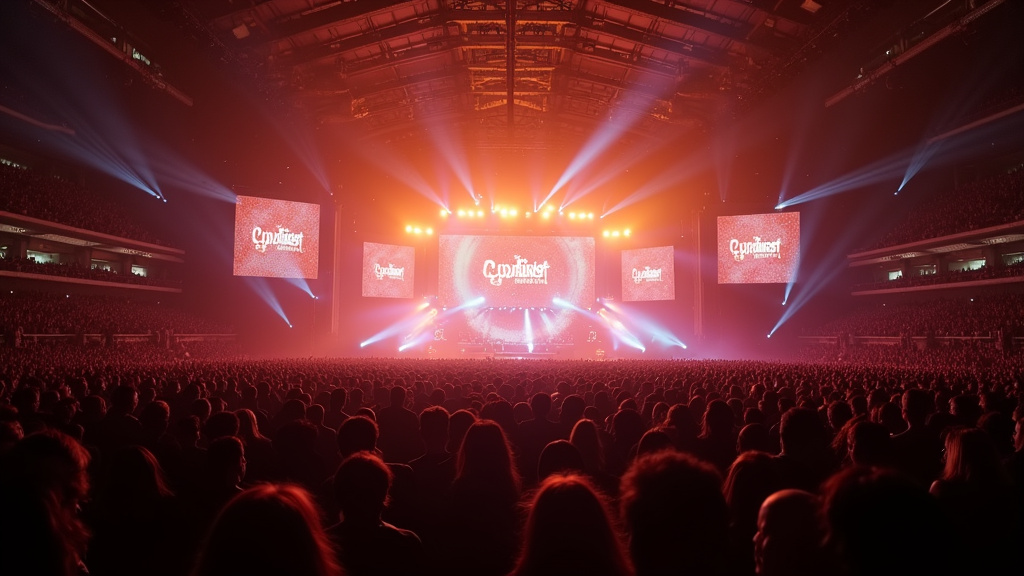Chicago, IL – In a significant policy shift for the city’s hospitality industry, the Chicago City Council today approved a controversial ordinance to phase out the subminimum wage for tipped workers. The measure, which followed a recommendation from a key council committee, mandates that employers gradually transition to paying all tipped employees the full standard minimum wage over a five-year period, with the goal of achieving this standard by the year 2030.
The vote, which saw the ordinance pass with a margin of 36-13, marks a major victory for proponents who have long advocated for wage equity for restaurant and bar staff. Supporters argue that the current subminimum wage system is inherently unfair and leaves workers vulnerable to wage instability and potential exploitation.
Ordinance Details and Implementation Timeline
The core of the newly approved ordinance is the gradual elimination of the tip credit system currently utilized by employers in Chicago. Under the existing system, tips received by employees can be counted towards meeting the full standard minimum wage requirement. While employers are legally required to make up any shortfall if tips plus base wage don’t meet the full minimum, advocates argue this system is difficult to enforce and places the burden of ensuring a living wage onto unpredictable customer tips rather than guaranteed employer compensation.
The phased approach provides a structured timeline. Starting in July 2024, the minimum base wage employers must pay tipped workers will increase annually relative to the standard minimum wage (currently $15.80 per hour for large businesses). This annual increase will reduce the allowable tip credit until, by July 1, 2030, the minimum hourly wage paid by employers to tipped workers is equal to the full standard minimum wage in effect at that time. Tips will then be earned on top of this base wage, rather than being considered part of the minimum required compensation.
Support for the Policy Change
Leading the charge in support of the ordinance was Chicago Mayor Brandon Johnson, who was joined by worker advocacy groups such as One Fair Wage. They celebrated the council’s decision as a crucial step towards providing economic security for a significant portion of the city’s workforce. Supporters contend that moving to a full minimum wage plus tips model will stabilize incomes for tipped workers, reducing reliance on inconsistent daily or weekly tips and providing a more predictable earnings floor. They argue this can help reduce poverty and improve the quality of life for restaurant and bar employees. Proponents also suggest that eliminating the subminimum wage can help address issues of wage theft and improve transparency in pay, pointing to other cities and states where similar transitions have occurred without widespread negative consequences for the industry.
Opposition and Industry Concerns
However, the measure faced strong opposition, primarily from the Illinois Restaurant Association (IRA) and other representatives of the restaurant industry. Opponents expressed significant concerns about the potential negative impacts on businesses, particularly small, independent restaurants operating on thin margins. They argue that the substantial increase in labor costs resulting from the phased elimination of the tip credit will force restaurants to make difficult decisions, potentially leading to raising menu prices, reducing staff hours, cutting jobs, slowing hiring, or even closures.
The IRA and others also voiced worries that customers might reduce tipping amounts if they know workers are earning the full minimum wage, potentially leading to lower overall take-home pay for some experienced staff who currently earn well above the minimum wage through tips. Concerns were also raised about Chicago’s competitiveness relative to neighboring suburbs or states that retain a tip credit.
The Council Vote and Path Forward
The path to today’s vote involved extensive debate and lobbying from both sides. The ordinance moved forward after receiving a positive recommendation from the City Council’s Committee on Finance. The final vote of 36 in favor to 13 against reflected a clear majority in the 50-member council, signaling broad support for the proposed change despite the vocal opposition.
With the ordinance now passed, the focus shifts to implementation. Businesses in the city’s extensive restaurant and bar sector will need to adapt their payroll systems and financial planning to accommodate the annual increases starting in July 2024. The five-year phase-out is designed to provide a transition period, allowing businesses time to adjust their operating models. The long-term impacts of this policy change on worker well-being, industry costs, and the overall vibrancy of Chicago’s culinary scene will be closely watched as the city moves towards the 2030 deadline. This decision positions Chicago among a growing number of major U.S. cities and states that have moved to eliminate the subminimum wage for tipped workers.















